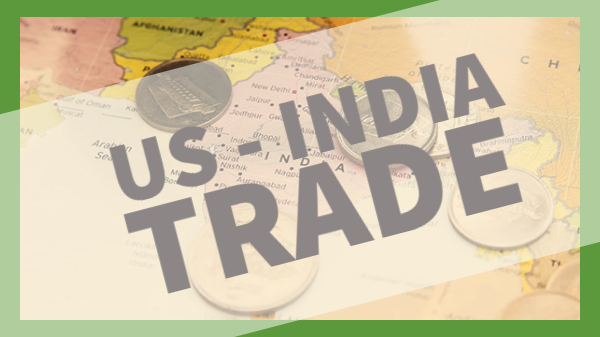India has been a good export market, especially for apples, and there’s optimism it will be again.
Last year India tacked on an additional 20 percent tariff on top of a 50 percent tariff, making exports there less competitive. But President Trump announced recently that he plans to travel to India, as will a trade negotiating group led by U.S. Trade Representative Robert Lighthizer.
Toni Lynn Adams, communications outreach coordinator for the Washington Apple Commission BB #:160338 Wenatchee, said India has been as big as the state’s number two export market for apples, and it’s still third, even with the tariffs.
“It’s a huge Red Delicious variety market,” she said.
Adams said a couple years ago, Washington sent 8 million boxes of apples to India, and 7 million of them were Red Delicious.
She said through the end of January, the state has exported 459,000 boxes to India, compared to this point two years ago, before the expanded tariffs, where Washington sent 1.2 million boxes.
Mark Powers, president of the Northwest Horticultural Council BB #:162420, Yakima, WA, said he plans to travel to India in early February to work with business partners there.
He’s hopeful that trade negotiations lead to lowering the tariffs.
“We’ve been impressing on our government a few things: to get rid of the retaliatory tariffs of 20 percent and we’re also seeking improved access for cherry exports,” he said.
Powers said presently, U.S. cherries must undergo methyl bromide fumigation before going to India, a treatment that affects the fruit’s quality.
Richard Owen, vice president, global membership & engagement for the Produce Marketing Association, BB #:153708, said there haven’t been many details released about the trade agenda in India, but he’s heard that Lighthizer has already made some progress with India.
He said the majority of fruit being exported from the U.S. to India has been apples, but cherries, table grapes, and pears have also found success there and likely would have more with lower tariffs.
Owen said the early progress gives many exporters hope for a larger trade agreement between the two nations.
Reuters quoted sources saying that President Trump is asking for $5-6 billion in Indian purchases of American agricultural products in exchange for the U.S. reinstating India to its Generalized System of Preferences program, which allowed for no tariffs on more than $5 billion worth of Indian exports to the U.S.
One of the sources told Reuters that trade negotiators plan to include provisions where India cuts tariffs on farm goods such as almonds, walnuts, and apples.



